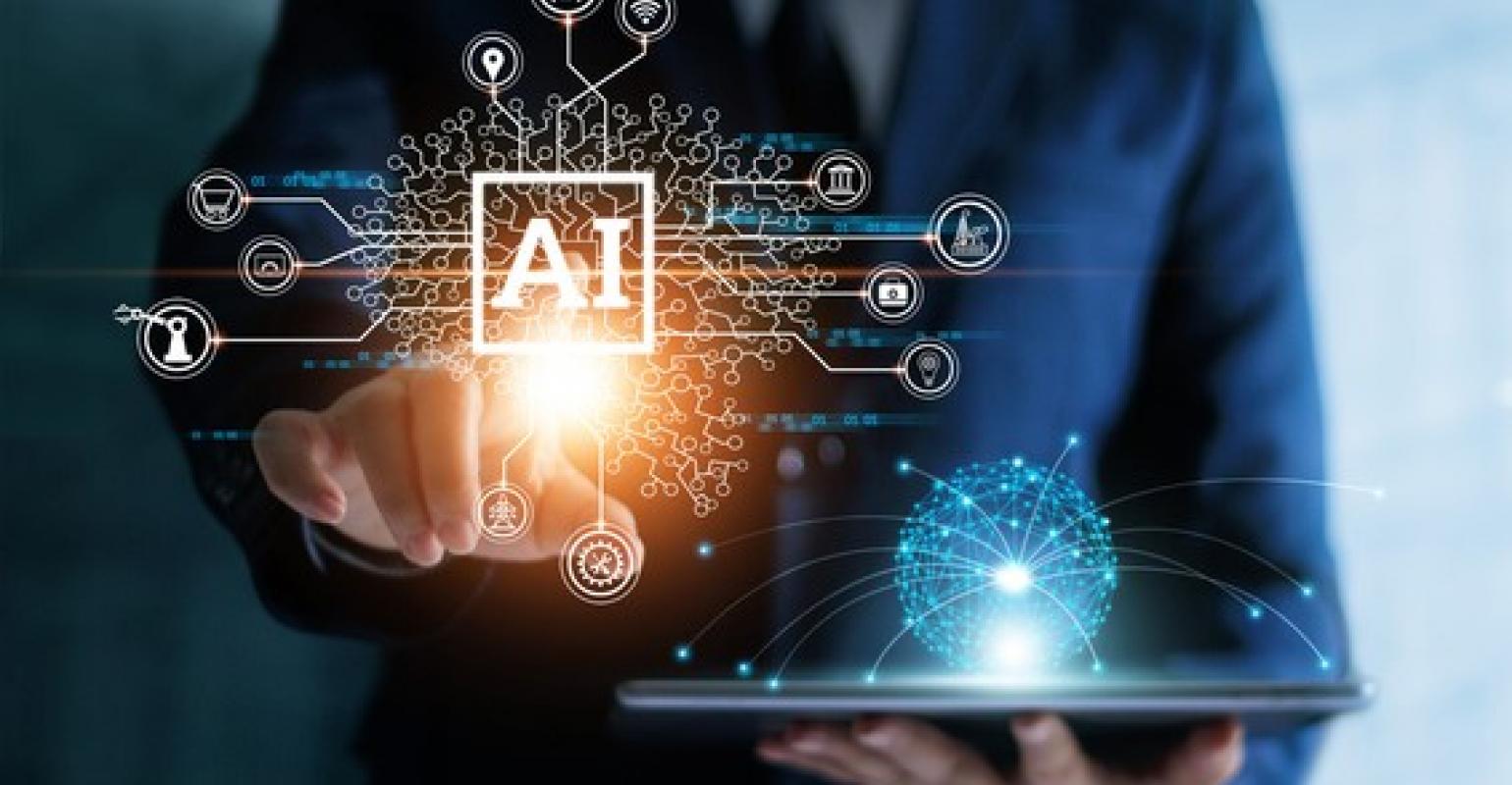That is possible with India taking over the chair of the prestigious Global Partnership on Artificial Intelligence.
As a founding member of the Global Partnership on Artificial Intelligence (GPAI) and an early AI adopter, India has shown distinct and significant receptivity to the technology. And now, by taking over the chair of the prestigious GPAI, India is now all geared up to be the global AI leader in 2023. India, being an emerging economy and the second-most populous nation, has a tremendous opportunity to carve out a need-specific and robust AI ecosystem to bring economic, societal, and inclusive growth.
The buzz around this incredible technology is beguiling and poised for a paradigm shift in our lives. And the G20 presidency will give India a chance to fix power imbalances in AI adoption. This is also an opportune moment to consider how to drive more meaningful contributions from Global South actors and propel the global community towards more responsible and principled AI.
Whether it is getting shopping recommendations on e-commerce websites, getting recommendations on Netflix, asking Alexa a question, or doing just a Google search, AI is transforming every walk of life. AI has been catalysing the tech landscape and pushing the envelope of human possibilities.
India is quickly becoming one of the hubs for AI innovation in the world. Not only does India have a large number of startups using AI smart solutions to solve India’s unique problems, but the government has also taken steps to further solidify India’s position as a future AI global leader. According to the Brookings Institution, India is among the top 10 countries in terms of technological advancements and funding in AI. It’s also been believed that India is a more mature market for leveraging AI than the US or the UK.
AI has been growing exponentially in the past decade and is expected to be worth $42 billion by 2023. It is also expected to add USD $967 Bn to the Indian economy by 2035 and USD 450–500 bn to India’s GDP by 2025, accounting for 10% of the country’s $5 trillion GDP target.
‘The Not-so-Unfair advantage’
There is no denying that AI will be the next big thing of the century. Currently, the US and China are going head-to-head in the AI race. But it seems like India is also pacing itself and will be joining this race soon. Considering the rise in data privacy concerns as well as the geopolitical conflicts in China there is a huge opportunity for India to become the next biggest competitor against the US as Indian entrepreneurs understand the “Silicon Valley” like no one else.
Challenges along the way
Every morning we wake up to studies that provide a reality check on the threatening reality of the all-important buzzword— artificial intelligence. However remarkable AI might be, we can’t delude ourselves about the so-called intelligence of AI.
Job Losses: Job automation is one of the most immediate concerns that come to mind when thinking about the future of AI. Recently, the Nomura Research Institute predicted that robots could replace nearly half of the country’s jobs by the year 2035. This also makes us feel pity for all those students who got brainwashed by top-rated B-schools boasting their placement figures or coaching centres enticing the young population to get trained for a job that won’t even exist in a few years. While it’s true that AI will create jobs, many will be inaccessible to less educationally advanced members of the displaced workforce. It doesn’t take much to understand that as AI becomes smarter, it is also becoming more dexterous.
Destruction of digital privacy: We are living in an era that is experiencing an information Big Bang. Users are wary of automated technologies that obtain and use their data, which may include sensitive information. Because AI relies on high-quality data to produce meaningful results, its survival is dependent on privacy protection.
Modern warfare: Autonomous weaponry is the third revolution in warfare, following gunpowder and nuclear arms. From the expansion of autonomous drones and the introduction of robotic swarms to remote attacks or the delivery of disease through nanorobots, autonomous weapon systems are being used to detect and destroy targets over long distances without human intervention. For instance, a swarm of 10,000 drones that could wipe out half a city could theoretically cost as little as $10 million. And we have just started.
Socioeconomic inequality: The AI revolution will create a wealthy class of innovators and a separate class of displaced workers who don’t have the education required to compete in still-existing fields.
Conclusion
The rapid rise of AI over the past few decades has been staggering. But this progress is coming at a cost. There have been a lot of trade-offs involved. As Elon Musk shared, “Unless we learn how to prepare for, and avoid the potential risks, AI could be the worst event in the history of our civilization.” Thus, 2023 will give India an opportunity to address those challenges, considering its role within the G20.
Rajesh Mehta is a leading international consultant in the field of Market Entry, Innovation and Public Policy. Prerna Mishra is a researcher whose interests lie in economics, finance, entrepreneurship, and everything in between.

